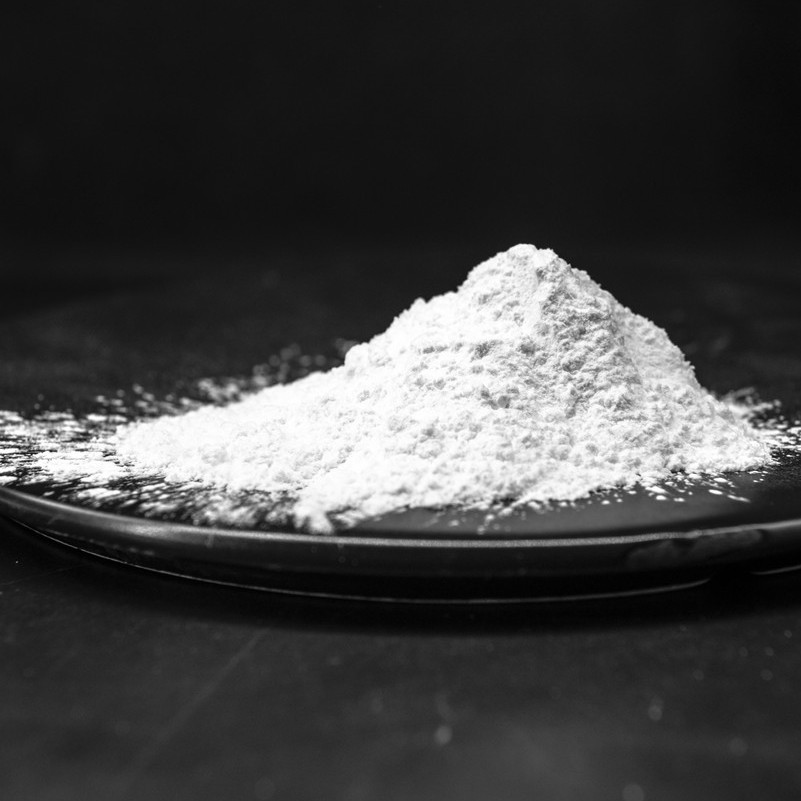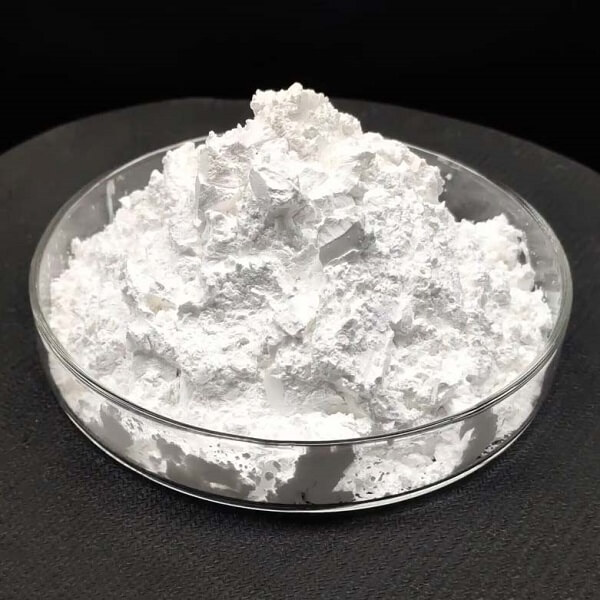White aluminum oxide powder is an excellent choice for car glass polishing due to its fine abrasive properties, high purity, and ability to produce a smooth, scratch-free finish. Here’s how it’s used and what makes it ideal:
Why White Aluminum Oxide for Car Glass Polishing?
Controlled Abrasiveness
Hard enough (Mohs 9) to remove scratches, swirl marks, and water spots without damaging the glass.
Softer than silicon carbide or diamond, reducing the risk of over-cutting.
High Purity (99.6%+ Al₂O₃)
Low iron content prevents staining or discoloration on glass.
No impurities that could cause secondary scratches.
Fine & Uniform Particle Size
Available in ultra-fine grits (e.g., F800-F2000+ or micron grades 3µm-15µm) for mirror-like finishes.
Works well in cerium oxide-based glass polish compounds as a supporting abrasive.
Chemical Stability
Does not react with water or polishing oils, ensuring consistent performance.
How It’s Used for Car Glass Polishing
1. Scratch & Defect Removal
Mixed with a glass polishing compound (e.g., Cerium Oxide blend) to enhance cutting efficiency.
Applied with a felt or foam polishing pad on a rotary or DA polisher (speed: 1000-2000 RPM).
2. Final Finishing
For ultra-fine polishing, sub-micron white aluminum oxide (0.5µm-3µm) is used to eliminate haze.
Often combined with lubricants (water, oils) to prevent heat buildup.
3. Windshield Restoration Kits
Some professional-grade kits include white aluminum oxide-based pastes for deep scratch repair.
Recommended Grit Sizes for Car Glass
| Application | Grit Size (FEPA/µm) | Use Case |
|---|---|---|
| Heavy Scratch Removal | F600-F800 (~15-25µm) | Deep scratches, wiper marks |
| Medium Polishing | F1000-F1200 (~8-12µm) | Moderate defects, haze removal |
| Fine Finishing | F1500-F2000 (~3-5µm) | Final gloss enhancement |
| Ultra-Smooth Finish | <1µm-3µm | Jewelry-grade clarity |
Comparison with Other Glass Polishing Abrasives
| Abrasive | Pros | Cons |
|---|---|---|
| White Aluminum Oxide | Balanced cut, safe for glass, affordable | Slower than diamond |
| Cerium Oxide | Best for glass, fast cutting | Expensive, can cake if not mixed properly |
| Diamond Powder | Extremely fast cutting | Risk of over-polishing, costly |
| Silicon Carbide | Aggressive cutting | Too harsh for fine glass work |


